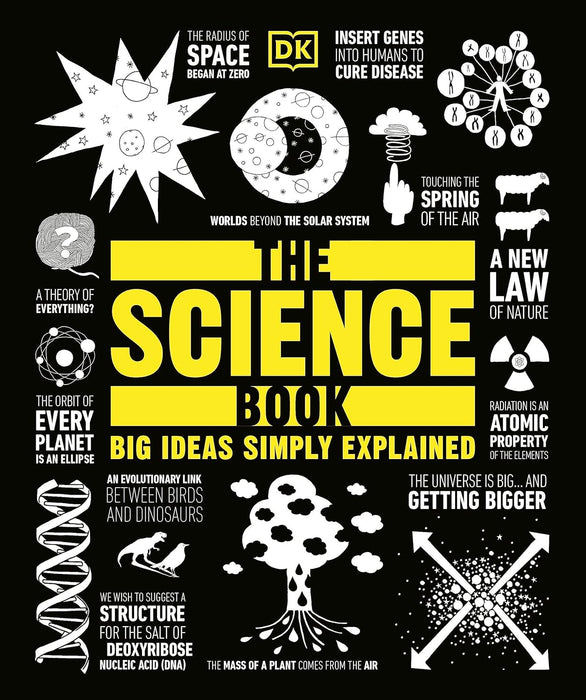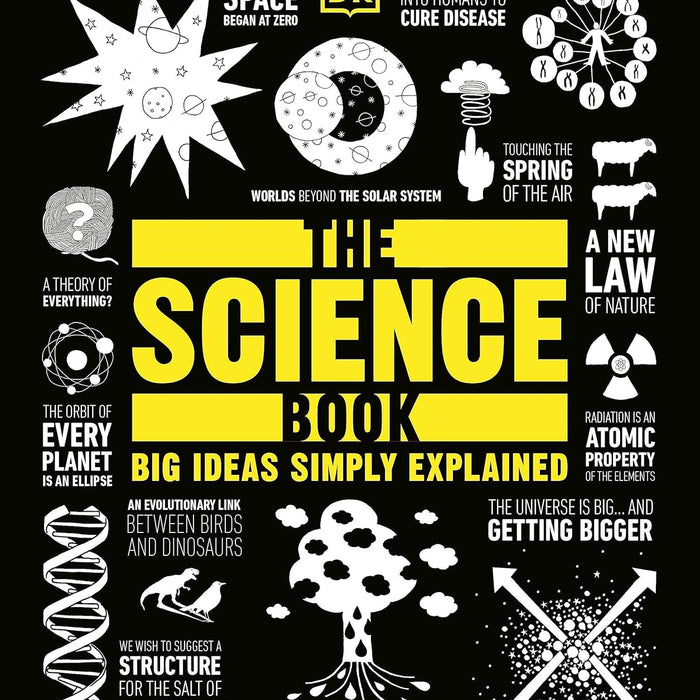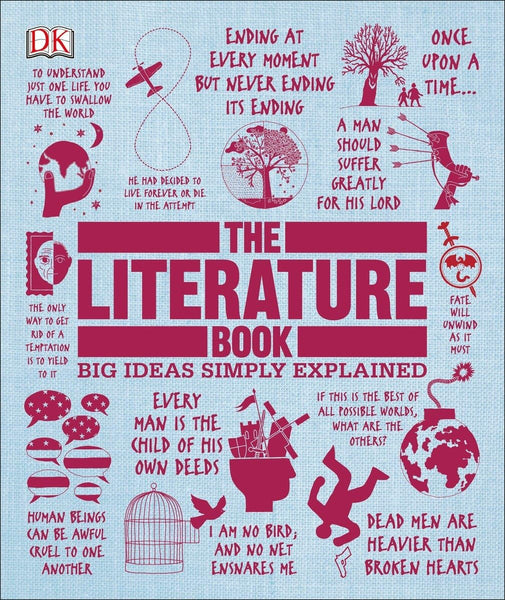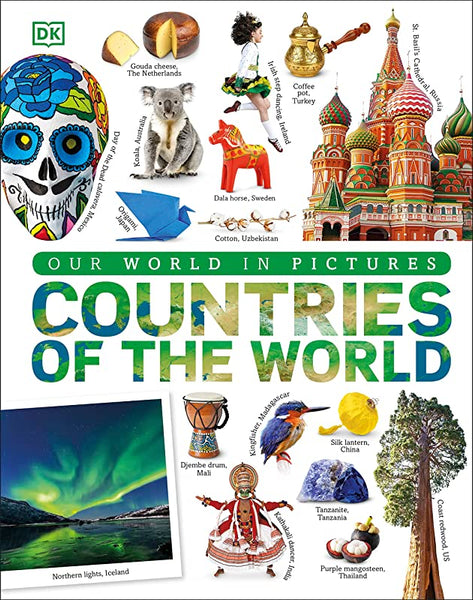The Science Book: Big Ideas Simply Explained by DK (Author)
- Publisher: SCIENCE BOOKS
- Availability: In Stock
- SKU: 48159
- Number of Pages: 352
Rs.1,590.00
Rs.2,095.00
Tags: appreciation for science , atomic theory , best books , Best Selling Books , BestBuy’s , Big Bang theory , Big Ideas Simply Explained , chemistry , clear explanations , climate change , cosmic microwave background , Crick , Darwin , deforestation , diagrams , DK , DNA , Einstein , energy quantization , engaging content , fossil fuels , foundational concepts , galaxies , geological processes , global efforts , good books , heredity , human activities , illustrations , key ideas , laws of motion , lithospheric plates , natural selection , Newton , plate tectonics , redshift , science education , science resource , scientific breakthroughs. , scientific concepts , simplified science , temperature shifts , The Science Book , theory of relativity , uncertainty principle , universe , Watson , wave-particle duality , weather patterns
The Science Book: Big Ideas Simply Explained
Author: DK
Binding: Paperback
Paper Quality: Color Matt Paper
Category: Popular Science / General Science / Educational
Recommended For: Students, curious readers, and anyone seeking to understand key scientific concepts across disciplines in a clear and engaging way.
Key Points
1. The Scientific Method The scientific method is a systematic approach to research that involves observation, hypothesis formulation, experimentation, and conclusion. It is fundamental to scientific inquiry and helps ensure that findings are reliable and valid.
2. Atomic Theory Atomic theory is the concept that all matter is composed of atoms, which are the smallest units of chemical elements. This theory has evolved over time, with significant contributions from scientists like John Dalton, J.J. Thomson, Ernest Rutherford, and Niels Bohr.
3. Evolution by Natural Selection Proposed by Charles Darwin, the theory of evolution by natural selection explains how species adapt and evolve over time. It emphasizes the survival and reproduction of individuals with advantageous traits in a given environment.
4. Laws of Motion Isaac Newton's laws of motion describe the relationship between the motion of an object and the forces acting on it. These laws are foundational principles in physics and have numerous applications in various fields of science and engineering.
5. Theory of Relativity Albert Einstein's theory of relativity revolutionized our understanding of space, time, and gravity. It includes the special theory of relativity, which addresses the behavior of objects at high speeds, and the general theory of relativity, which describes gravity as the curvature of spacetime.
6. Quantum Mechanics Quantum mechanics is the branch of physics that deals with the behavior of particles at the atomic and subatomic levels. It introduces concepts like wave-particle duality, quantization of energy, and the uncertainty principle.
7. DNA and Genetics The discovery of DNA's structure by James Watson and Francis Crick unveiled the molecular basis of heredity. Genetics is the study of how traits are inherited through the interaction of genes, and it has profound implications for biology, medicine, and biotechnology.
8. Plate Tectonics The theory of plate tectonics explains the movement of Earth's lithospheric plates and how this movement leads to the formation of mountains, earthquakes, and volcanic activity. It has provided a unifying framework for understanding geological processes.
9. The Big Bang Theory The Big Bang theory posits that the universe began as a singularity approximately 13.8 billion years ago and has been expanding ever since. This theory is supported by evidence such as cosmic microwave background radiation and the observed redshift of distant galaxies.
10. Climate Change Climate change refers to long-term shifts in temperature and weather patterns, primarily caused by human activities such as burning fossil fuels and deforestation. It poses significant challenges and requires global efforts to mitigate its impacts.
In conclusion, The Science Book: Big Ideas Simply Explained by DK distills complex scientific principles into straightforward explanations, making it an invaluable resource for anyone seeking to broaden their understanding of science. Through its clear presentation and insightful content, it inspires curiosity and fosters a deeper appreciation for the wonders of the scientific world.
════ ⋆★⋆ ════
Writer ✤ DK

























